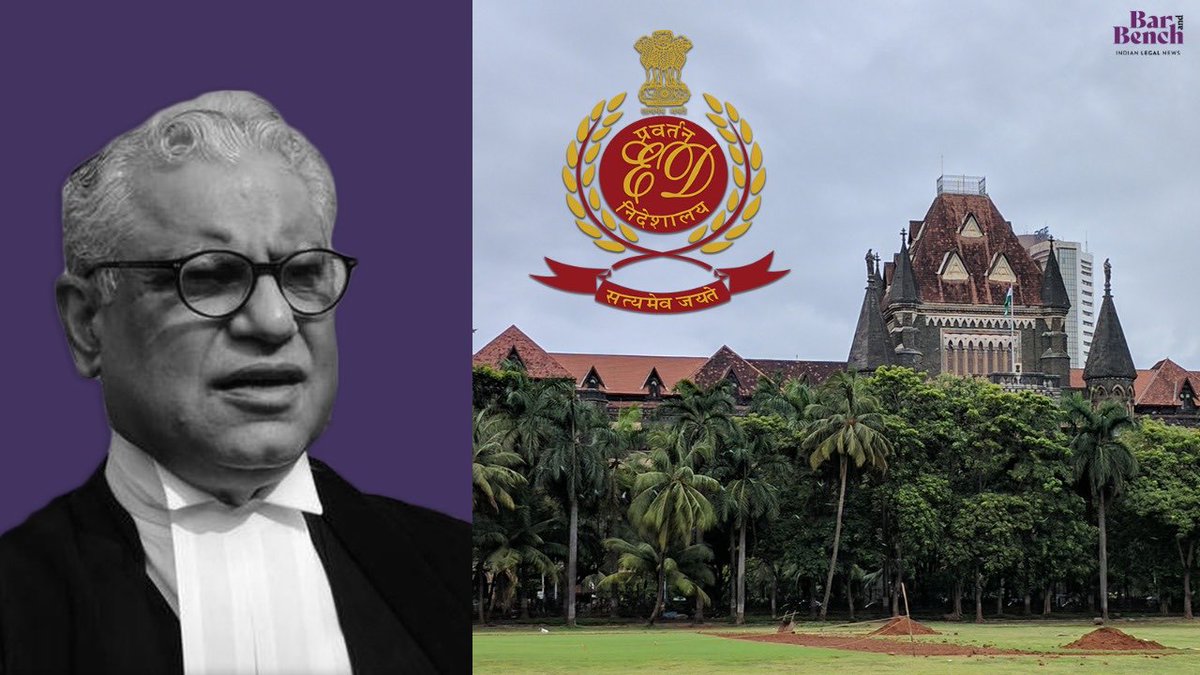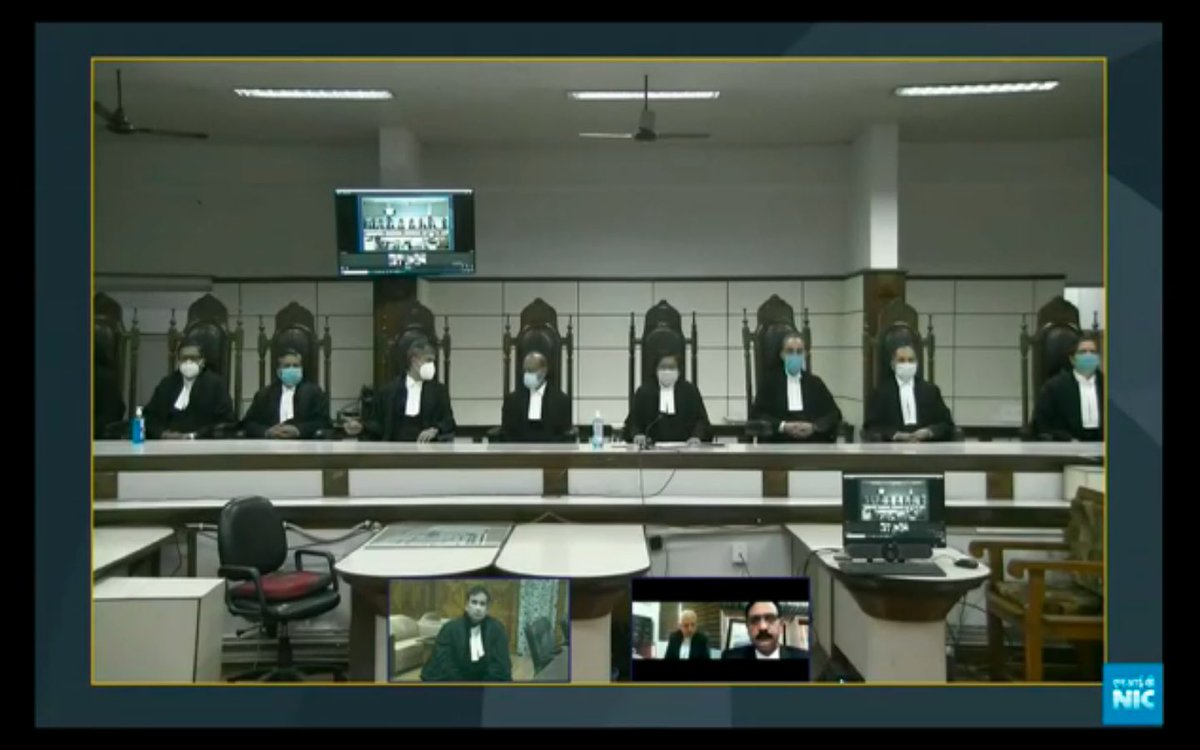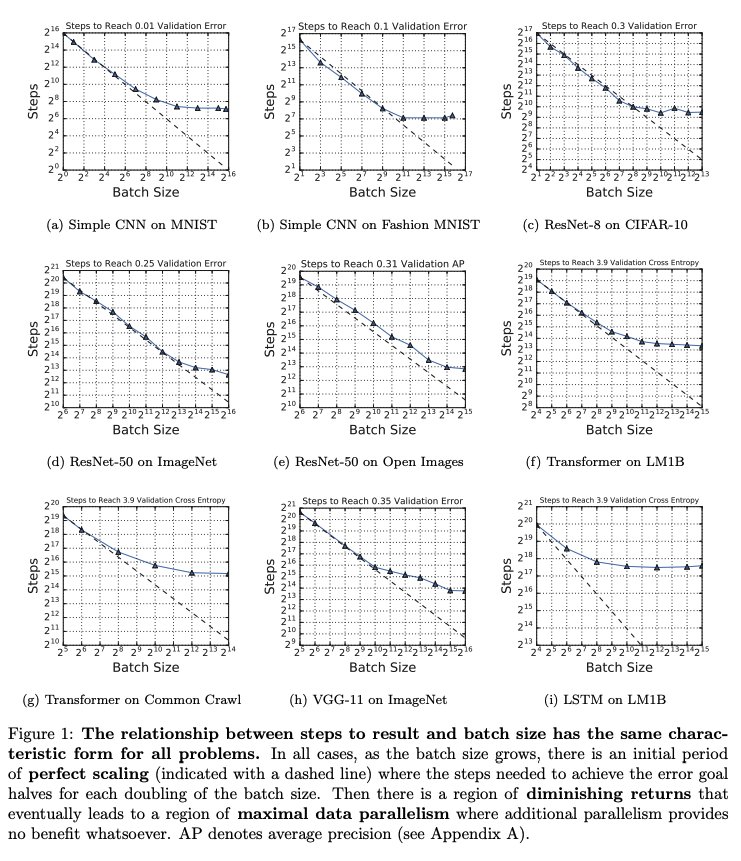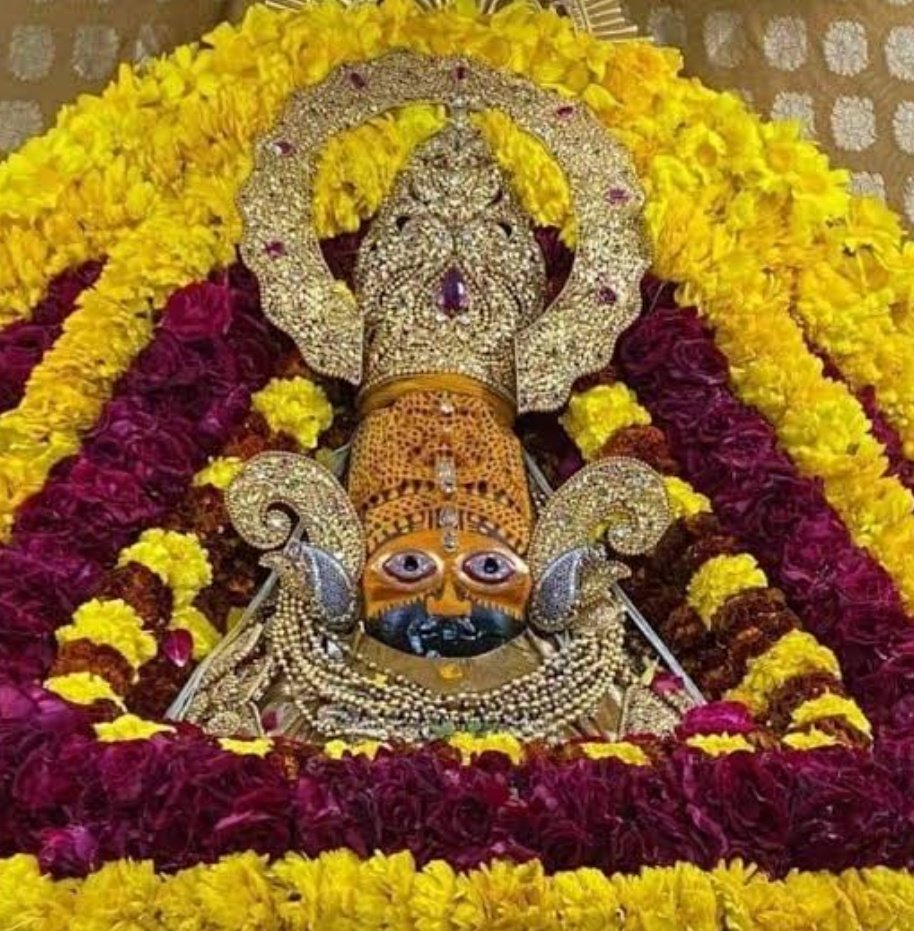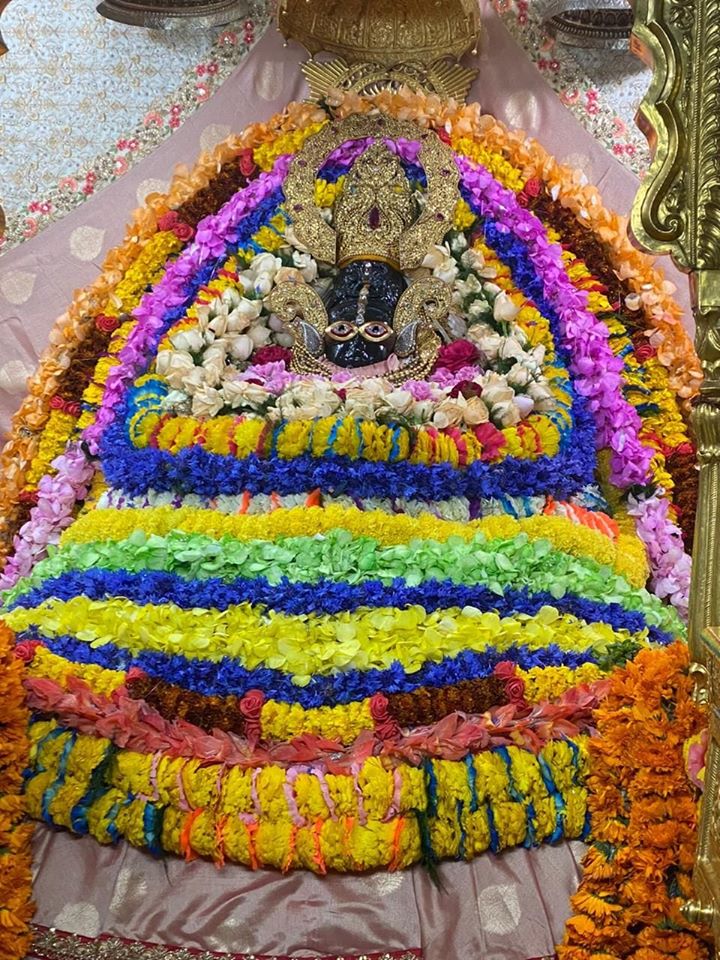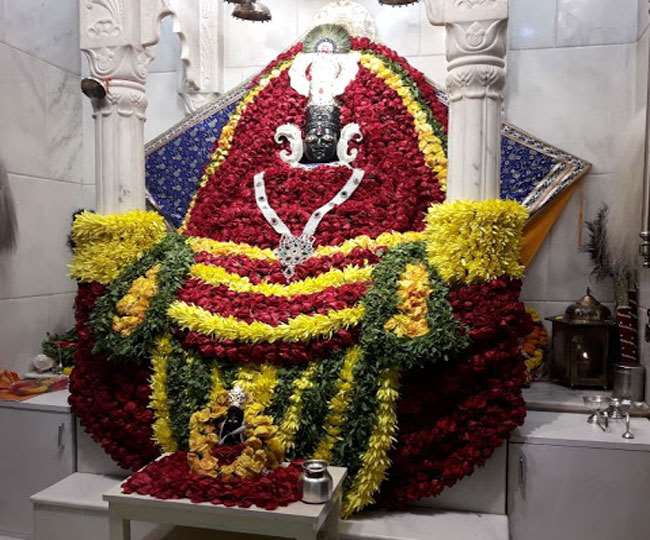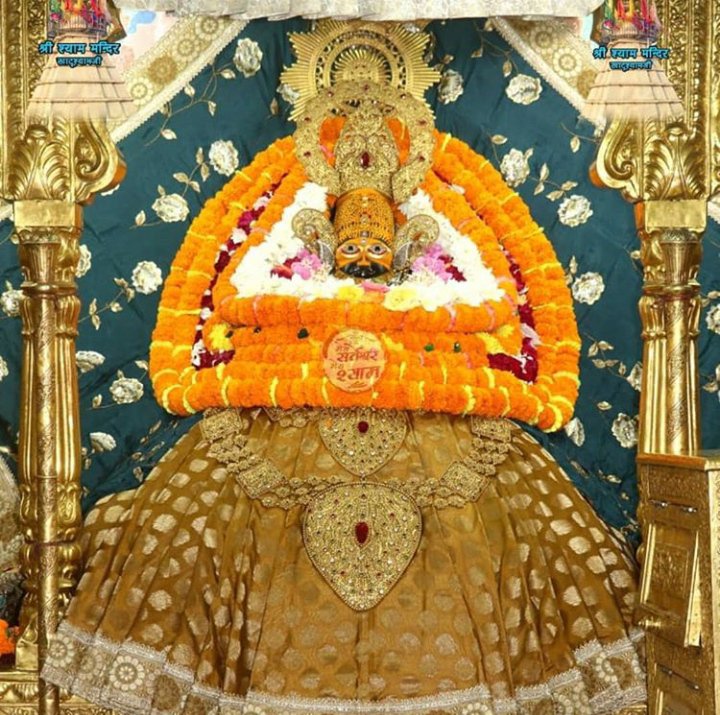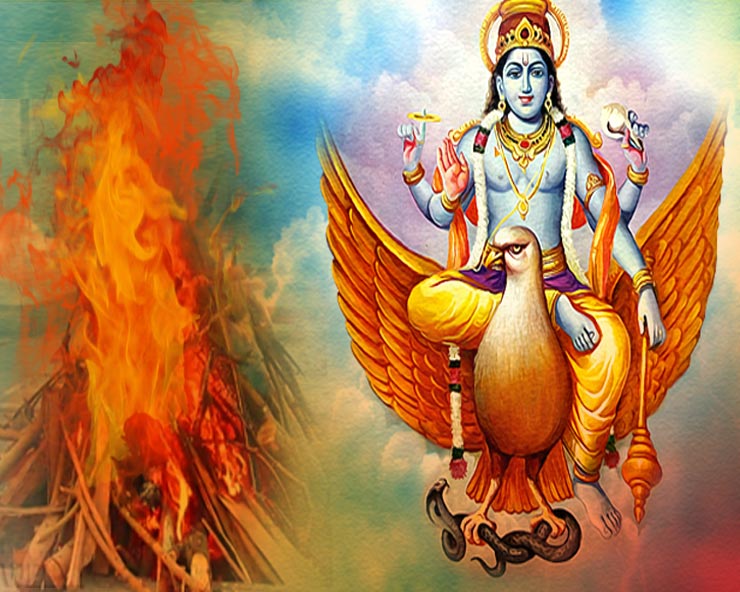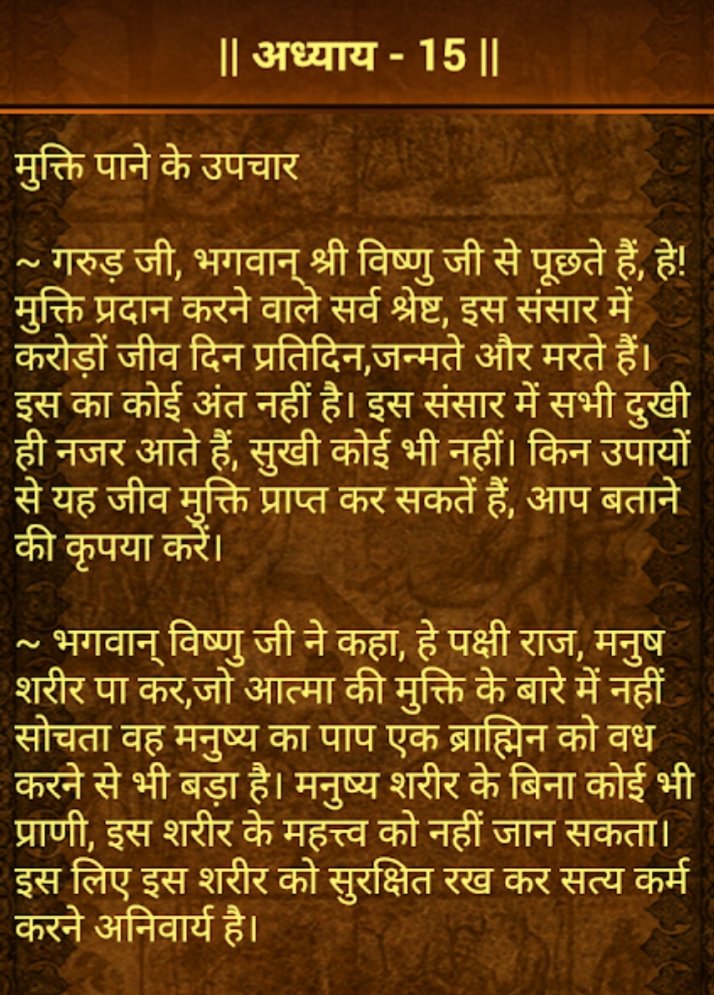Much to say about yesterday’s pardons and commutations. Before getting to the updated chart, some general reflections.
Breakdown:
1) Advance political agenda? 68/94
2) Personal Connection? 40/94
3) TV/TV Commentator? 13/94
4) Celebrity? 20/94
Personal or Political Connections (i.e. 1,2,3 or 4): 86/94 (91%)
https://t.co/gGHEUOuEGR
Thanks as always to @matthew_gluck for his work on the chart.
Let us know if we got anything wrong, please.
More from Law
How to avoid (successful) accusations of defamation on Twitter. A few thoughts from someone who is NOT a libel lawyer, but does say very critical things about named individuals. 1/
1. Facts are different from opinions. But stating an opinion can imply a fact. https://t.co/1PkiI4olib

2. When I tweet I aim to be sure A. I show the *facts* I am basing my *opinion* on. B. I have good reason to believe the *facts* are true. C. My opinion is reasonable based on the facts.
Here I am calling Arron Banks a racist (opinion). Pointing out this is because he called for mosques to be demolished (fact). 4/
I can prove this fact - and others - about what Banks has said. And I can justify why in my opinion that shows he’s a racist. 5/
1. Facts are different from opinions. But stating an opinion can imply a fact. https://t.co/1PkiI4olib

2. When I tweet I aim to be sure A. I show the *facts* I am basing my *opinion* on. B. I have good reason to believe the *facts* are true. C. My opinion is reasonable based on the facts.
Here I am calling Arron Banks a racist (opinion). Pointing out this is because he called for mosques to be demolished (fact). 4/
Reminder: https://t.co/KpWzq0aF8C is run by Arron Banks who called for British mosques to be demolished. They\u2019ve always been openly racist. https://t.co/n8uppHUqQ5
— Simon Cox (@SimonFRCox) October 9, 2019
I can prove this fact - and others - about what Banks has said. And I can justify why in my opinion that shows he’s a racist. 5/
The debate over law and order comes to the forefront yet again. Law and order - both can be maintained with equal zeal. One needs to take precedence over the other. Will that be Order over Law or Law over Order?
In other words, what do governments prefer - looking away the other side when law is broken with impunity in the fear that acting against the offender will lead to large scale rioting on the roads?
Or will the government gear up to uphold the sanctity of law and punish every single one trying to break it? There are many examples. Take the Tablighi Wuhan Wave. Or Bangalore Riots. Or the destruction of Temples in Andhra.
Now, if the perpetrators are punished, there is going to be large scale rioting. Pointing out Tablighi Wuhan Wave destroyed many a person in the Gulf when Pakistanis and their minions profiled every Indian and got them arrested for insulting Islam.
No one talks about the post to which the MLA's nephew responded to. Singhu Resort is another. What's stopping the government from clearing the protest site? Is it the same confusion between law and order?
We have watched and waited too long for the government to punish. It never happens and even in some cases it does it lakes too long,and many more crimes are done in the meantime. Quick justice like this is the best way out.
— Ratna murlidharan (@Ratnamurlidhar2) January 2, 2021
In other words, what do governments prefer - looking away the other side when law is broken with impunity in the fear that acting against the offender will lead to large scale rioting on the roads?
Or will the government gear up to uphold the sanctity of law and punish every single one trying to break it? There are many examples. Take the Tablighi Wuhan Wave. Or Bangalore Riots. Or the destruction of Temples in Andhra.
Now, if the perpetrators are punished, there is going to be large scale rioting. Pointing out Tablighi Wuhan Wave destroyed many a person in the Gulf when Pakistanis and their minions profiled every Indian and got them arrested for insulting Islam.
No one talks about the post to which the MLA's nephew responded to. Singhu Resort is another. What's stopping the government from clearing the protest site? Is it the same confusion between law and order?
You May Also Like
1/ Here’s a list of conversational frameworks I’ve picked up that have been helpful.
Please add your own.
2/ The Magic Question: "What would need to be true for you
3/ On evaluating where someone’s head is at regarding a topic they are being wishy-washy about or delaying.
“Gun to the head—what would you decide now?”
“Fast forward 6 months after your sabbatical--how would you decide: what criteria is most important to you?”
4/ Other Q’s re: decisions:
“Putting aside a list of pros/cons, what’s the *one* reason you’re doing this?” “Why is that the most important reason?”
“What’s end-game here?”
“What does success look like in a world where you pick that path?”
5/ When listening, after empathizing, and wanting to help them make their own decisions without imposing your world view:
“What would the best version of yourself do”?
Please add your own.
2/ The Magic Question: "What would need to be true for you
1/\u201cWhat would need to be true for you to\u2026.X\u201d
— Erik Torenberg (@eriktorenberg) December 4, 2018
Why is this the most powerful question you can ask when attempting to reach an agreement with another human being or organization?
A thread, co-written by @deanmbrody: https://t.co/Yo6jHbSit9
3/ On evaluating where someone’s head is at regarding a topic they are being wishy-washy about or delaying.
“Gun to the head—what would you decide now?”
“Fast forward 6 months after your sabbatical--how would you decide: what criteria is most important to you?”
4/ Other Q’s re: decisions:
“Putting aside a list of pros/cons, what’s the *one* reason you’re doing this?” “Why is that the most important reason?”
“What’s end-game here?”
“What does success look like in a world where you pick that path?”
5/ When listening, after empathizing, and wanting to help them make their own decisions without imposing your world view:
“What would the best version of yourself do”?


